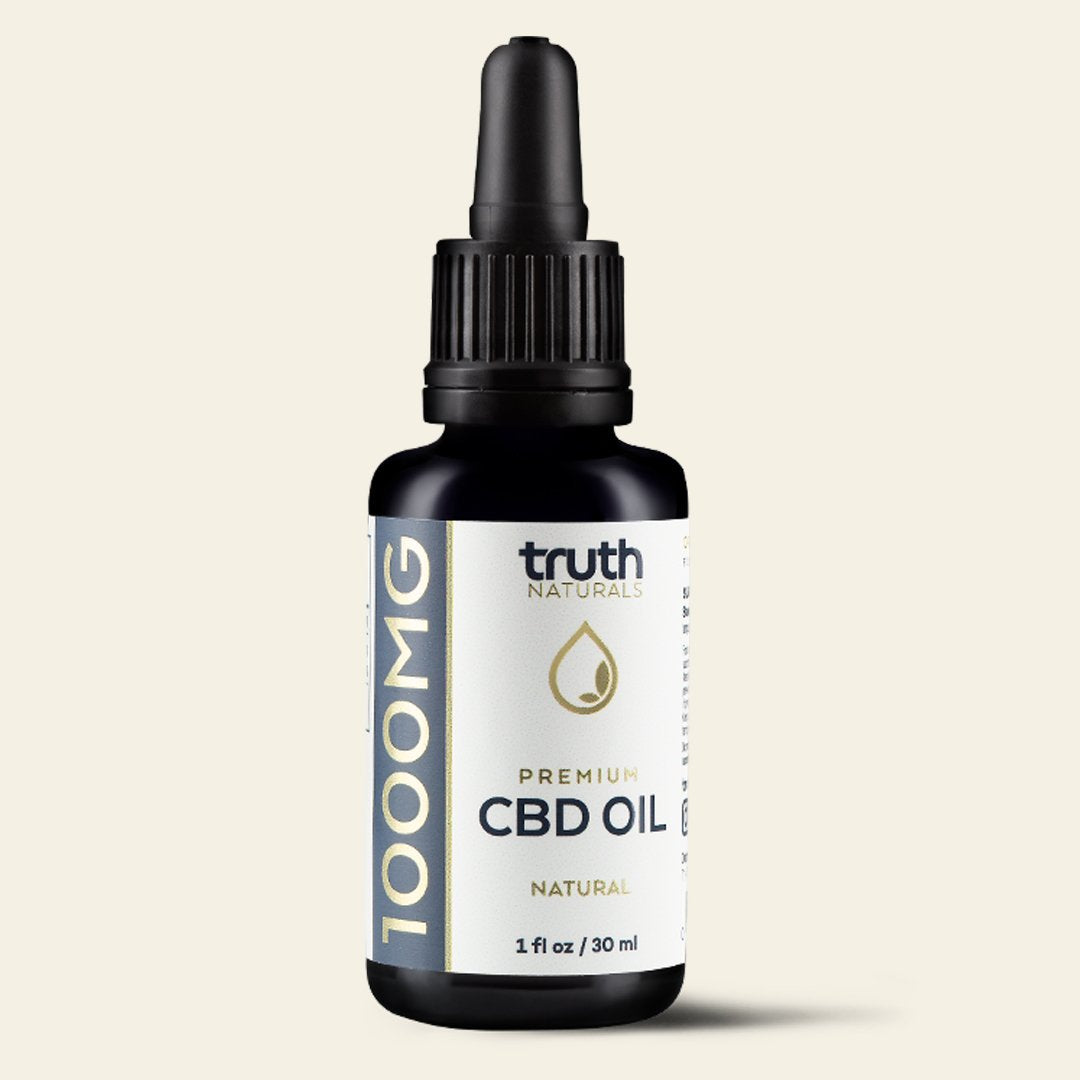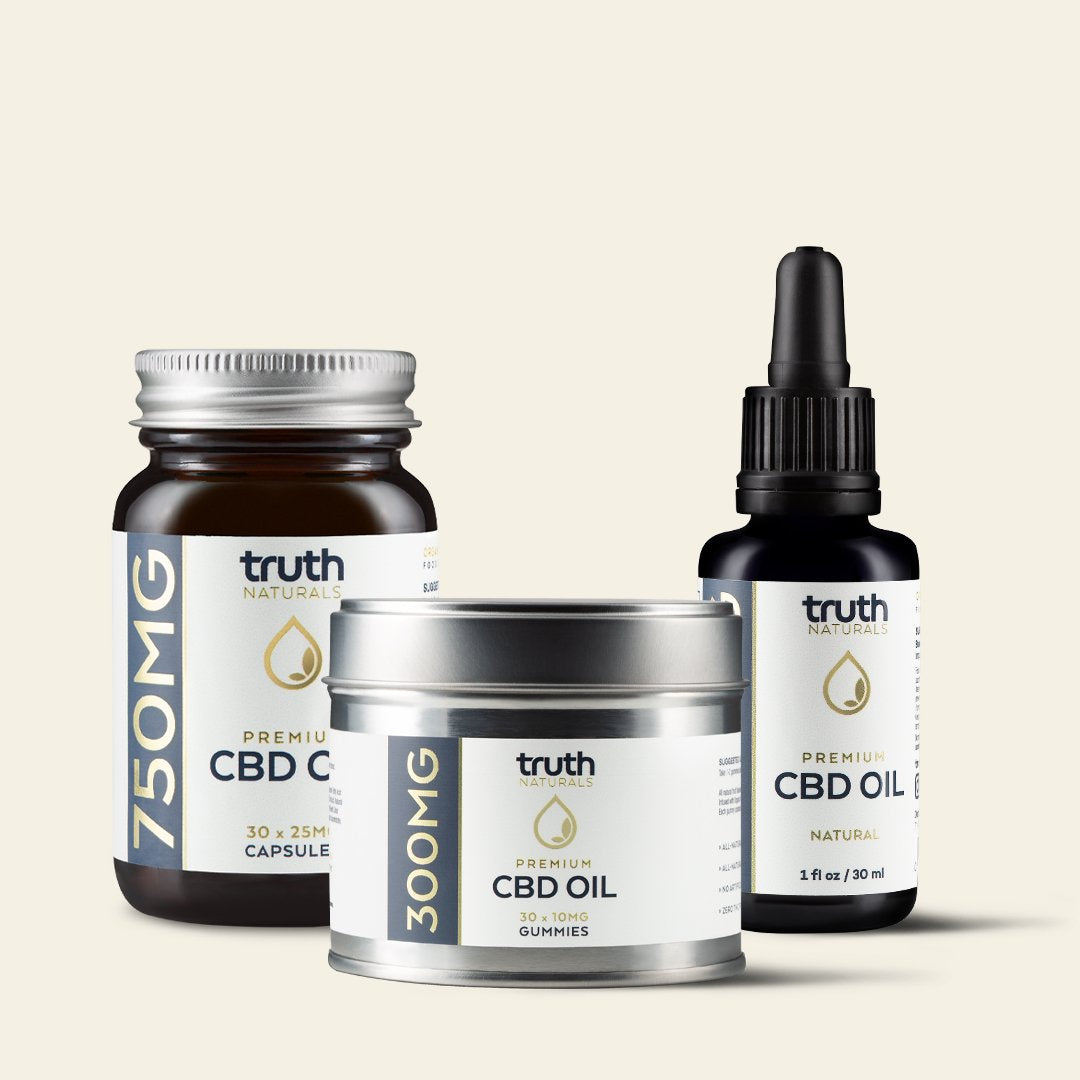-
CBD PRODUCTS View all products
-
CBD COLLECTIONS
Why is alcohol consumption on the rise?
Some easy ways to reduce your intake and return to healthier habits
Written by Joe Jackson
Plunged into a whirlpool of uncertainty at the start of March many of us have looked at ways to try and cope with the ‘new normal’. The gaps in our social lives have been filled with zoom calls and quizzes. Accompanying these social occasions have often been alcohol, with people not having to worry about the age-old problem of getting home.
Reports have shown the extent of this trend. In the UK, sales of alcohol were up by 22% in March and in the US they have risen 55% compared to the same period last year. [1] Although seen by many as a way to relax, and distract from this current unfortunate time, it is worth considering the long-term implications that drinking an excess of alcohol may have…
Why is alcohol consumption increasing?
COVID-19 has undoubtedly been the main cause of this rise - but why exactly are we drinking more during the crisis? The fear of the unknown has caused a collective anxiety as we are unsure when this is likely to end or what the aftermath will be. In addition, many people are not surviving, and healthcare systems and governments are under enormous pressure. All of this has culminated in alcohol acting as a soothing effect for the physiological and psychological effects of the lockdown.
According to the Michael Farrell, director of the National Drug and Alcohol Research Centre at the University of New South Wales in Sydney, “people will often take alcohol to take the edge off their anxiety in the short term….[but] the paradox of it is, if people are taking it for that, instead of reducing their anxiety over the medium term it actually makes the anxiety worse. It’s like a bounce back effect.” [2]
A by-product of the crisis has been many more people forced to work from home. This combined with the soaring temperatures in the UK has increased the desire to consume alcohol in a social setting. However, hopefully the opening of golf courses, tennis courts and the ability to socialise with a greater number of people outside your household (at a social distance) should help to curtail this trend!
What are the health risks associated with drinking in excess?
NHS guidelines suggest men and women do not drink more than 14 units a week on a regular basis. This equates to 6 pints of average-strength beer or 10 small glasses of low-strength wine. [3] Exceeding this can lead to negative short- and long-term consequences. Putting on some extra weight and an unforgiving hangover are some of the short-term effects of drinking too much, however, if this is sustained we put ourselves at risk of some pretty serious health conditions!
Multiple studies have shown the detrimental effect that alcohol can have. One example was a 2014 study highlighting some of the following long-term issues:
#1 Ethanol can cause direct damage of the mucosa of the esophagus and stomach.
#2 This disruption of the intestinal mucosal barrier of the small and large intestine contribute to liver damage (Read here to see a fascinating study on how CBD can help reduce alcohol damage!).
#3 Alcohol abuse represents the world's 3rd largest risk factor for disease and disability; it is a causal factor of 60 types of diseases and injuries and a concurrent cause of at least 200 others. [4]
What are the health risks associated with drinking in excess?
NHS guidelines suggest men and women do not drink more than 14 units a week on a regular basis. This equates to 6 pints of average-strength beer or 10 small glasses of low-strength wine. [3] Exceeding this can lead to negative short- and long-term consequences. Putting on some extra weight and an unforgiving hangover are some of the short-term effects of drinking too much, however, if this is sustained we put ourselves at risk of some pretty serious health conditions!
Multiple studies have shown the detrimental effect that alcohol can have. One example was a 2014 study highlighting some of the following long-term issues:
#1 Ethanol can cause direct damage of the mucosa of the esophagus and stomach.
#2 This disruption of the intestinal mucosal barrier of the small and large intestine contribute to liver damage (Read here to see a fascinating study on how CBD can help reduce alcohol damage!).
#3 Alcohol abuse represents the world's 3rd largest risk factor for disease and disability; it is a causal factor of 60 types of diseases and injuries and a concurrent cause of at least 200 others. [4]
Now, what are some easy ways to cut down?
If you have noticed your alcohol consumption slowly creeping up, try these simple tips to help you cut down:
1) Take drink-free days. There is a temptation to have a big binge on the weekend when you cut out certain days of drinking. However, having less days when we are drinking will lessen our dependence on it.
2) Watch how much alcohol you’re buying. Out of sight, out of mind is definitely the case here. When you have something in the house you are more likely to eat or drink it. Making sure you have none or less in the house will easily result in you cutting down.
3) Monitor the amount you’re drinking. It is easy to forget (especially after a few drinks) just how much you have consumed. Try and sent yourself a target of 2-3 drinks when you know you are going out to socialise and then switch to a non-alcoholic beverage.
4) Find alternatives. As we just mentioned, find a drink to switch to! Try mocktails, soda water with fresh lime or lime cordial, sugar free soft drinks (in a small amount), or plain or sparkling water! Truth origins have listed some vibrant and healthy summer drinks here.
5) Make it a habit. Like anything, it is easy when times get challenging to throw in the towel and give up with a little convincing from a friend. Little by little, focus on slowly building the habit by making small changes and switches that will make a big impact. If you want to learn more about habit building you can read here.
6) Build healthier coping mechanisms. The aim is to find ways to cope with these stressful and overwhelming changes in our lives that do not involve alcohol. This may be exercising alone or with a friend, time in nature, meditation, yoga, or maybe trying to incorporate a higher dose of CBD into the evening for a deeper, less disturbed sleep.
We know it can be tough dealing with the stress of COVID-19 but it is important to have healthy coping mechanisms for these situation! We hope these tips enable you to help you or be of help to your family and friends through this challenging time ❤️
References:
(1) https://www.bbc.com/future/article/20200507-why-you-might-be-drinking-too-much- during-lockdown
(2) https://www.bbc.com/future/article/20200507-why-you-might-be-drinking-too-much- during-lockdown
(3) https://www.nhs.uk/live-well/alcohol-support/calculating-alcohol-units/ (4) https://pubmed.ncbi.nlm.nih.gov/25356028/
Like these posts? Stay up-to-date!
Join the Truth Club to stay up-to-date on our latest blog posts, updates and exclusive discounts.
↓










